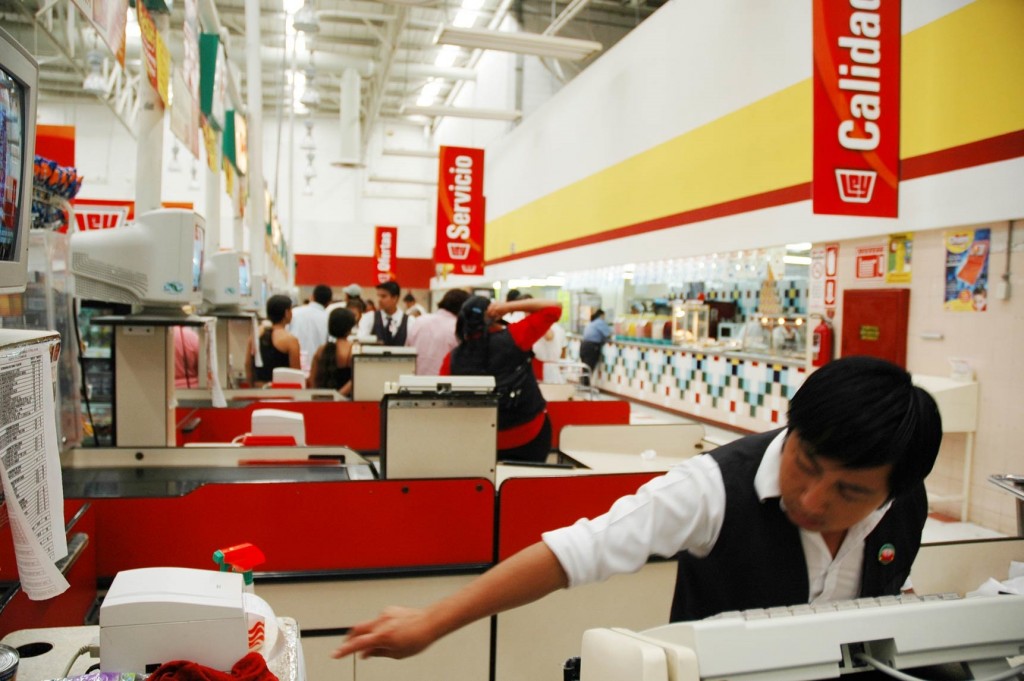Are robots actually going to steal our jobs?
With the recent news of unemployment rising for the first time in two years, and the fact that a robot has just passed a self-awareness test, we thought we’d take a look into the issue, and separate fact from fiction.
Of course, people have been concerned about machines taking their jobs for hundreds of years. The Luddites of the 19th century were very interested in the matter, and at one point during their struggle, had more British soldiers against them than were fighting Napoleon on the Iberian Peninsula.
But is this a real concern today?
Some argue that the distribution of wealth has been greatly altered by the fact that technology, in the form of automation, has been replacing workers on the shop floor for decades.
This alteration, happening in around 1980, is often thought of as the first wave of technological change, where muscle was out-powered and outpaced by steel. But according to some, a second wave (known as “The Second Machine Age”) is on the way, where Turing robots will be able to replace human minds with algorithms.
According to Ray Kurzweil at Google, this will begin to happen within the next 15 years – around 2029, when robots might have reached human levels of intelligence, should current limitations be overcome.
Another prediction, this time by Gartner, is that one in three jobs will be taken over in some form by robots and smart machines, by the year 2025 – meaning that business will soon require less thought labour.
Furthermore, the Daily Mail recently published an article discussing the idea that new technology could one day cause a global economic crash:
The race to create robots that look, act and work like humans could see unemployment soar, welfare costs increase and may eventually bring the global economy to its knees.
That’s the dystopian scenario put forward in a report looking at how machines will revolutionise the workplace in the not-so-distant future.

But what is the opinion of the scientific community as a whole?
Thanks to a survey undertaken by Pew Research, we are able to know that not everyone thinks that robots are going to take our jobs. In fact, out of nearly 2,000 experts surveyed within the artificial intelligence, robotics and economic fields, 52% predicted “a future in which robots and digital agents do not displace more jobs than they create.”
According to the survey however:
A number of the respondents warned that this aspect of technical evolution will lead to vast increases in income inequality, masses of people who are effectively unemployable and the possibility of breakdowns in the social order.
Despite the split, all experts within the survey agreed that job displacement by robots and AI will continue into the future, and it will accelerate within the next ten years – the disagreement therefore, lies in the societal response to the issue.
But as JP Rangaswami, chief scientist for Salesforce.com, points out, not all the effects shall be universal:
The effects will be different in different economies (which themselves may look different from today’s political boundaries).
Driven by revolutions in education and in technology, the very nature of work will have changed radically—but only in economies that have chosen to invest in education, technology, and related infrastructure.
But have robots taken any jobs so far?
According to another study, this time penned by professors at Uppsala University and the London School of Economics, much of the technophobia we see in the media is without any particular warrant.
In fact, robots could actually raise the minimum wage.
The research, which looked at data between the years 1993 and 2007, found that robots increased both labour productivity and value in 14 industries across 17 countries (mainly in Europe and the US).
In addition to this, industrial robots raised several countries’ average growth rates by an estimated 0.37 points, as well as increasing wages.
Furthermore, the study found that the presence of robots within the years studied, had no significant effect on employee working hours, with the exception of some evidence indicating a small reduction of hours for low-skilled workers.
That said however, the study found that through until 2007, robots made up 2% of capital, and as technology improves, that “there is some evidence of diminishing marginal returns, or congestion effects, to robot use, so that they are not a panacea for growth.”

Are we safe for now?
In theory, the majority of blue collar jobs are safe, but there is some evidence that low-skill and routinal jobs may begin to suffer in the coming years, with middle-skilled jobs also suffering, though to a far lesser degree.
If you’re worried about your job being taken by robots, you can find out if you are in the highest risk bracket here.